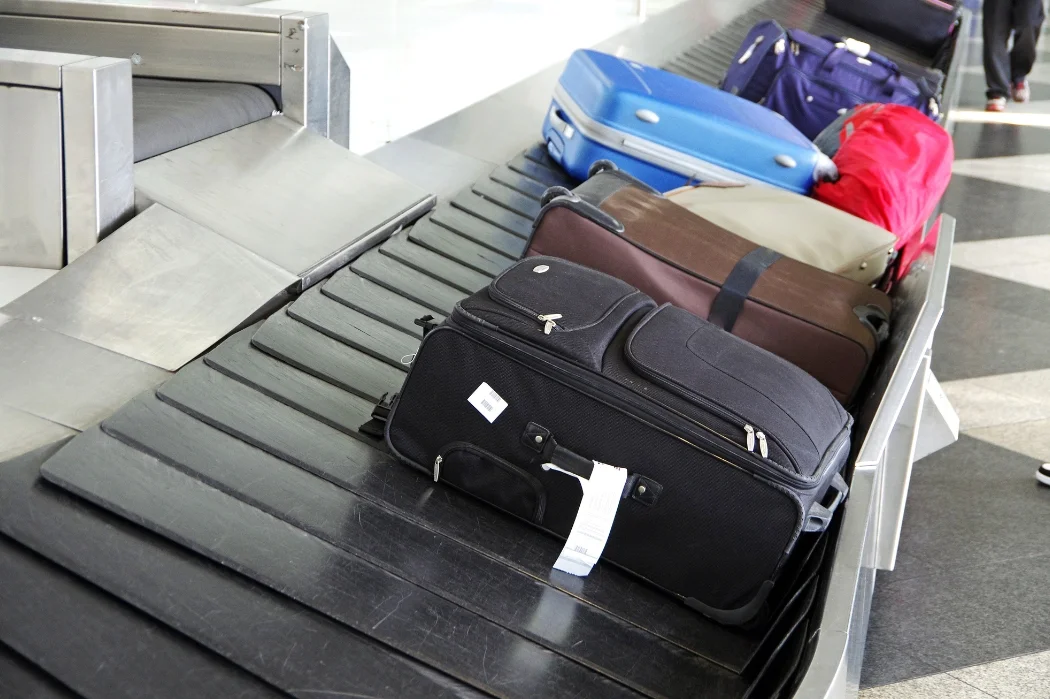- 10 Sep, 2024
Europe is gifted with diverse countries, delicious cuisines, fascinating cultures, and fascinating historical places, which is why it attracts a huge number of tourists all year round. Due to the high number of visitors, flight fares also remain expensive for all months, which is why travelers often ask, "How to travel to Europe on a budget?" If you are facing difficulty planning a budget-friendly trip to Europe, we have covered all the necessary tips for you in this article, so check out the strategies below.
1. Plan Your Trip During Off-Peak Seasons
- Why it matters: Off-peak seasons, because they indicate the travel months in which limited tourists prefer to travel. Due to lower visitor volume, the airlines reduce ticket prices to fulfill their seat availability faster. So, traveling during the off-season lets you get cheaper flights much more easily.
- Best times to visit: November through March is the best time to visit Europe. This duration provides many benefits that enhance the traveler's experience, including lesser passenger traffic and a pleasant climate.
- What to expect: Visiting Europe from November to March is best because it offers fewer crowds, decent weather, festive events, and lower travel costs. If you're still deciding where to go, consider exploring some of the best places to visit in Europe that are perfect for any season, offering diverse experiences no matter when you travel.
2. Use Budget Airlines
Popular Budget Airlines
The easiest way to make your Europe travel budget-friendly is to choose the airlines offering affordable flights. Though various airlines offer travel to this continent, only very selective ones allow you to explore Europe on a budget. You can easily find cheap flights to Europe on the following airlines: Ryanair, Easyjet, Norwegian Air, Air France, Iberia, and British Airways.
Tips to find cheap flights
- Low-Fare Calendar provides the airline's flight fares for each day of the week for the upcoming months. Being updated about the fare price trends in advance compared to other customers enables you to plan your trip during the period when the ticket costs are the lowest.
- Advance Bookings: Most airlines raise their flight fare at the last minute due to limited seat availability and higher passenger accommodation requests. Therefore, to get cheap tickets, you should always book your flight at least a few weeks or a month before departure.
- Book Red-Eye Flights: Flights scheduled at night, called "Red-eye flights," are cheaper than regular flights. Most people avoid boarding their flights at night, so the passenger volume is relatively low, and ticket costs drop. So, it would be best to prefer night flights.
3. Stay in Affordable Accommodations
Hostels and Budget Hotels
To minimize your accommodation expenses in Europe, you can easily find pocket-friendly hotels and hostels. Various organizations offer affordable hotel accommodations to visitors, such as Atrium Palace Thalasso Spa Resort & Villas, Divan Cave Hotel, Hotel David, Apanemo Hotel & Suites, and many others. You can also prefer hostels to hotels to save money on your accommodation.
Alternative Accommodations
If you are unable to find affordable hotels and hostels in Europe for a stay, you can prefer alternative accommodations that are relatively cheaper than the hotel stay. The types of accommodation are budget-friendly but do not compromise on the quality of their services or provide any inconvenience or discomfort, including camping, housesitting, homestays, budget boutique hotels, and more.
4. Take Advantage of Free or Discounted Attractions
One of the easiest ways to save money while exploring Europe is visiting free or discounted attractions. Many cities have museums, parks, and historical sites that offer free entry, especially on certain days. You can also save by getting city passes that give you access to multiple attractions for one lower price.
- Get City Passes for Big Discounts: Many cities in Europe have special passes that offer discounts on popular attractions. For example, with the Paris Museum Pass, you can visit over 50 museums, while the London Pass gives you discounts on places like the Tower of London and The Shard. Some of these passes even include free public transport, so you save on getting around.
- Free Days and Off-Season Deals: Many places in Europe offer free entry to museums and galleries on certain days, like the first Sunday of each month. You’ll find this in cities like Rome, Barcelona, and Berlin, where museums lower or waive fees. Also, if you’re traveling during the off-season, some attractions offer reduced prices.
5. Use Public Transportation and Walk
- Railway Connectivity: Europe has one of the densest railway networks, allowing you to travel around Europe conveniently. Numerous organizations, such as Eurostar, SNCF, FlixTrain, Railteam, and many others, offer railway travel to visitors. Most of these railway companies offer distinct railroads across this continent's major cities and countries.
- Bus Connectivity: In addition to the railways, you can also explore Europe's different countries and cities through bus transportation. The most prominent bus companies offer bus routes and conveyance across Europe: FlixBus, Eurolines, etc.
Conclusion
Are you holding yourself back from planning a trip to Europe because it is too expensive? You do not have to restrain yourself anymore because, in the above sections, you will find all the essential information regarding how you can make your Europe trip on a budget. You will find tips and tricks that will enable you to keep your tour under budget, such as tips to find affordable flights, inexpensive tourist spots, cheap conveyance, and a lot more.
Contact us









